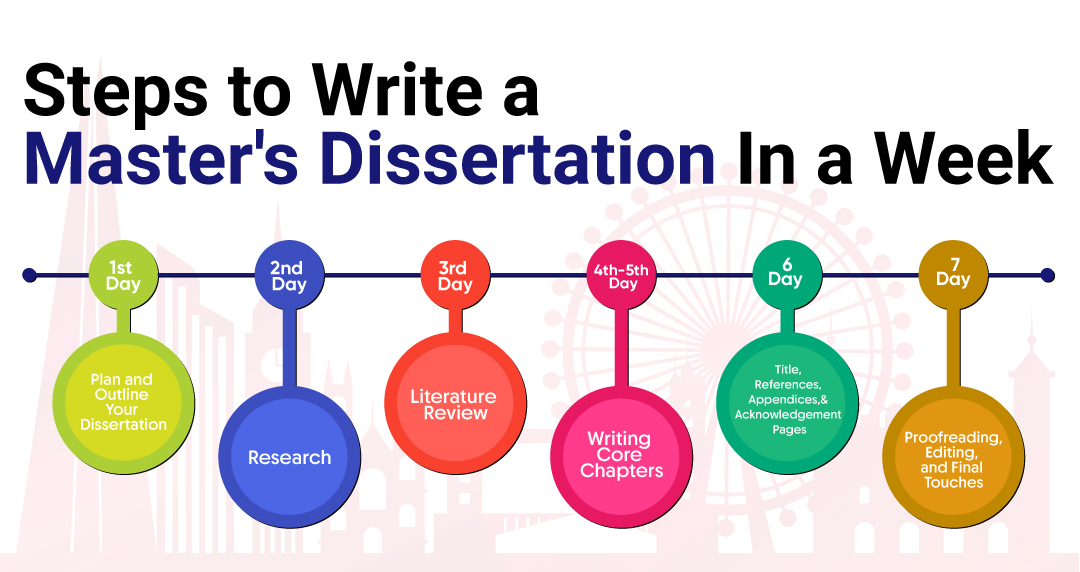Dissertation Writing Made Easy: Expert Tips for Every Student

Understanding the Dissertation Process
Writing a dissertation is one of the most significant academic challenges that students face. It is an extensive research project that requires critical thinking, organization, and perseverance. The process involves multiple stages, from choosing a topic to final submission. Understanding the structure and requirements can help students navigate this complex task more efficiently.
How to Choose the Right Dissertation Topic?
Selecting an appropriate topic is crucial for a successful dissertation. Here are some key considerations:
- Interest and Passion – Choose a subject you are genuinely interested in to maintain motivation throughout the process.
- Relevance – Ensure the topic aligns with your academic field and has practical significance.
- Availability of Resources – Check if sufficient research material is available to support your study.
- Feasibility – Consider time and resource constraints before finalizing a topic.
Once you have a shortlist of potential topics, conduct preliminary research to determine their viability.
Effective Research Strategies for Dissertation Writing
A well-researched dissertation is built on credible sources and thorough analysis. Follow these research strategies:
- Use Academic Databases – Utilize resources such as Google Scholar, PubMed, and JSTOR for high-quality references.
- Consult Books and Journals – Academic books and peer-reviewed journals provide reliable information.
- Organize Sources Efficiently – Use citation management tools like Zotero or EndNote to keep track of references.
- Stay Critical – Analyze different perspectives to ensure a balanced argument.
Structuring Your Dissertation Correctly
A dissertation follows a formal structure to ensure coherence and logical flow. The typical sections include:
- Introduction – Provides background, research questions, and objectives.
- Literature Review – Analyzes existing research and identifies gaps.
- Methodology – Describes research design, data collection methods, and analysis techniques.
- Findings and Analysis – Presents results with interpretations.
- Discussion – Evaluates findings in relation to research questions.
- Conclusion – Summarizes key insights and suggests future research directions.
- References – Lists all sources cited in the dissertation.
How to Write a Strong Introduction?
The introduction sets the tone for the dissertation. It should:
- Clearly define the research problem and objectives.
- Provide background information and context.
- Outline the significance of the study.
- Briefly explain the research methodology.
- End with a strong thesis statement.
A well-crafted introduction captures the reader’s interest and establishes a clear direction for the dissertation.
Conducting a Comprehensive Literature Review
The literature review provides an overview of existing research. To make it effective:
- Identify key theories and concepts related to your topic.
- Compare different studies and highlight contradictions.
- Show how your research fills a gap in the existing literature.
- Use proper citations to support arguments.
A thorough literature review demonstrates your understanding of the subject and provides a solid foundation for your study.
Choosing the Right Research Methodology
Selecting the appropriate research methodology depends on the nature of your study. The common approaches include:
- Qualitative Research – Focuses on exploring human experiences and behaviors through interviews and observations.
- Quantitative Research – Uses statistical data and numerical analysis to identify patterns and correlations.
- Mixed Methods – Combines both qualitative and quantitative approaches for a comprehensive analysis.
Clearly explaining your methodology helps validate the reliability of your research findings.
Analyzing and Interpreting Data
Data analysis is a critical stage in dissertation writing. Effective strategies include:
- Using statistical tools like SPSS or Excel for quantitative data.
- Applying thematic analysis for qualitative data.
- Ensuring objectivity in interpretation.
- Comparing findings with previous research to draw meaningful conclusions.
Proper data analysis strengthens the credibility of your research and enhances its academic contribution.
Writing a Strong Conclusion
The conclusion should:
- Summarize key findings concisely.
- Explain the implications of your research.
- Highlight limitations and suggest future research areas.
- Reinforce the importance of your study.
A well-written conclusion leaves a lasting impact and provides closure to your dissertation.
Common Dissertation Writing Challenges and How to Overcome Them
Many students struggle with dissertation writing due to various challenges. Here are solutions to common issues:
- Procrastination – Set a writing schedule and follow it consistently.
- Writer’s Block – Take breaks and use brainstorming techniques to regain focus.
- Time Management – Break the dissertation into smaller tasks with deadlines.
- Referencing Issues – Use citation tools to avoid plagiarism and maintain accuracy.
Seeking Dissertation Assistance
Many students seek external help to enhance the quality of their dissertation. If you are struggling with the complexities of dissertation writing, you can explore Dissertation help in UK to access expert guidance and improve your research.
Final Proofreading and Editing Tips
Before submission, thoroughly proofread your dissertation to eliminate errors. Follow these steps:
- Check for grammatical mistakes and typos.
- Ensure coherence and logical flow.
- Verify citations and references.
- Read aloud to identify awkward sentences.
Professional proofreading enhances readability and ensures your dissertation meets academic standards.
Conclusion
Dissertation writing is a challenging yet rewarding academic journey. By choosing the right topic, conducting thorough research, and following a structured approach, students can produce high-quality dissertations. Implementing effective time management and seeking expert assistance when necessary can further enhance the writing process. If you need additional support, consider exploring Do MY Assignment in UK to simplify your academic workload and achieve success.







